Creating a Multilingual POD Store to Reach a Global Audience
The print-on-demand (POD) industry has revolutionized the way products are designed, manufactured, and sold, enabling entrepreneurs to launch businesses without the challenges of inventory management. While POD offers immense flexibility, the competitive nature of the market requires innovative strategies to stand out. One of the most effective ways to scale your POD business is by creating a multilingual store to target a global audience.
With e-commerce becoming increasingly borderless, language barriers can no longer limit your reach. By optimizing your POD website and marketing strategies for international markets, you can attract diverse customer bases and tap into lucrative markets worldwide. This guide explores the benefits of a multilingual POD store, the steps to create one, and how to market your products effectively in global markets.
Why Create a Multilingual POD Store?
1. Broaden Your Customer Base
English may be a dominant language online, but millions of potential customers prefer shopping in their native language. Offering a multilingual store opens doors to new regions and demographics, significantly expanding your market potential.
2. Increase Customer Trust
Shoppers are more likely to trust and purchase from a website that communicates in their native language. A localized store demonstrates your commitment to serving their needs, fostering credibility and trust.
3. Improve Conversion Rates
Language barriers can deter customers from completing a purchase. By addressing this challenge, you create a seamless shopping experience that increases the likelihood of conversions.
4. Enhance SEO Performance
Creating content in multiple languages allows you to optimize your website for local search engines, improving your visibility in different regions and driving organic traffic.
Steps to Create a Multilingual POD Store
1. Choose a Multilingual-Friendly Platform
Select an e-commerce platform that supports multiple languages or offers plugins to facilitate multilingual functionality. Platforms like Shopify, WooCommerce, and Wix have robust tools and integrations to help you create a multilingual store effortlessly.
- Shopify: Use apps like Weglot or Langify to translate your website.
- WooCommerce: Leverage plugins like WPML (WordPress Multilingual Plugin) for seamless language management.
- Squarespace: Although more limited, it allows workarounds for creating language-specific pages.
2. Translate Your Website Content
Accurate and culturally sensitive translations are critical. Avoid relying solely on machine translation tools, as they can produce errors and awkward phrasing. Instead:
- Hire professional translators for key content like product descriptions, FAQs, and checkout pages.
- Use AI-powered translation tools like DeepL for a balance of accuracy and efficiency.
3. Localize Beyond Translation
Localization goes beyond translating text. Tailor your store to reflect the cultural norms and preferences of your target markets:
- Adjust date, time, and currency formats.
- Use culturally appropriate imagery and color schemes.
- Adapt your marketing tone and messaging to align with local customs and sensitivities.
4. Offer Multi-Currency Support
Customers appreciate the convenience of seeing prices in their local currency. Enable a currency converter on your website to facilitate this. Many e-commerce platforms and plugins offer this feature.
5. Implement International Shipping Options
Shipping logistics are crucial for a global POD business. Partner with POD suppliers that offer international shipping and have production facilities in multiple regions. Clearly display shipping costs and delivery times to avoid confusion.
6. Optimize for Multilingual SEO
- Research keywords in each target language using tools like Google Keyword Planner or Ahrefs.
- Create language-specific meta tags, descriptions, and URLs.
- Submit separate XML sitemaps for each language to search engines.
- Use hreflang tags to signal language and regional targeting to search engines.
Marketing Your Multilingual POD Store
1. Localize Your Social Media Presence
Create social media accounts for specific regions or languages to engage with local audiences more effectively. Share content that resonates with their culture and trends.
2. Leverage Multilingual Paid Ads
Run targeted ad campaigns on platforms like Google Ads, Facebook, and Instagram in the native languages of your audience. Use localized landing pages for higher ad relevance and conversions.
3. Collaborate with Local Influencers
Partner with influencers who have a strong presence in your target markets. They can help promote your products authentically and introduce your brand to a wider audience.
4. Utilize Email Marketing
Segment your email list by language and location to send personalized and relevant campaigns. Use localized subject lines and content to connect with recipients effectively.
5. Tap into Regional Marketplaces
List your products on region-specific marketplaces like Amazon, eBay, or Etsy in the target language to reach a broader audience.
Overcoming Challenges in Multilingual POD Stores
1. Managing Translations and Updates
Keeping translations up-to-date across all languages can be time-consuming. Utilize dynamic translation tools that automatically sync updates to your website.
2. Handling Customer Support
Offering multilingual customer support ensures a positive experience for international buyers. Consider:
- Hiring bilingual or multilingual support agents.
- Using AI-powered chatbots for basic queries in multiple languages.
3. Navigating Legal and Tax Regulations
Each country has unique regulations regarding taxes, customs, and e-commerce laws. Research the legal requirements of your target markets and ensure compliance.
Success Stories of Multilingual POD Stores
Case Study 1: Apparel Brand in Europe
A POD apparel brand initially focused on English-speaking markets but expanded into France, Germany, and Italy by creating a multilingual store. By tailoring designs to local cultural themes and running region-specific ad campaigns, the brand saw a 40% increase in sales within six months.
Case Study 2: Niche Home Décor Store
A POD home décor store targeting eco-conscious buyers introduced multilingual support for Spanish and Portuguese markets. By emphasizing sustainable materials and offering localized blog content, the store gained a loyal customer base in South America.
The Future of Multilingual POD Stores
Emerging technologies are making multilingual e-commerce more accessible and efficient:
- AI-Powered Translation Tools: Advanced AI can provide context-aware translations that rival human quality.
- Voice Search Optimization: With the rise of voice search, optimizing your store for multilingual voice queries will become essential.
- Augmented Reality (AR): AR tools tailored to different languages can enhance the shopping experience for international customers.
Conclusion
Expanding your POD business into global markets through a multilingual store is a game-changing strategy. By breaking down language barriers, you can connect with diverse audiences, build trust, and significantly boost your sales. From selecting the right platform to optimizing for multilingual SEO and marketing, every step plays a crucial role in your success.
While the process may seem daunting, the long-term rewards of increased reach, higher conversion rates, and a loyal international customer base are well worth the effort. Start your journey today and position your POD brand as a truly global player.
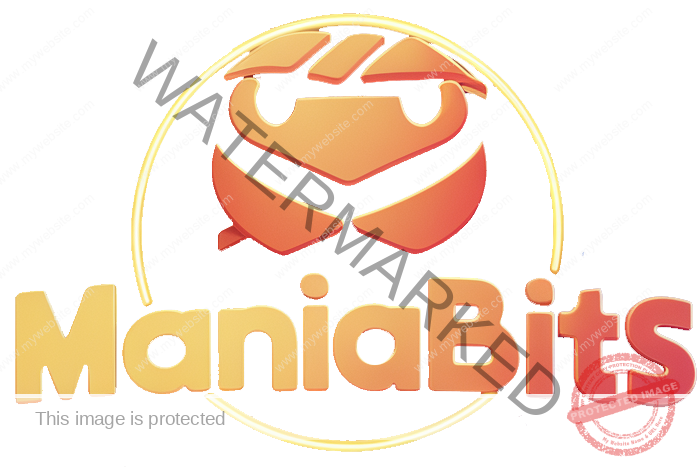
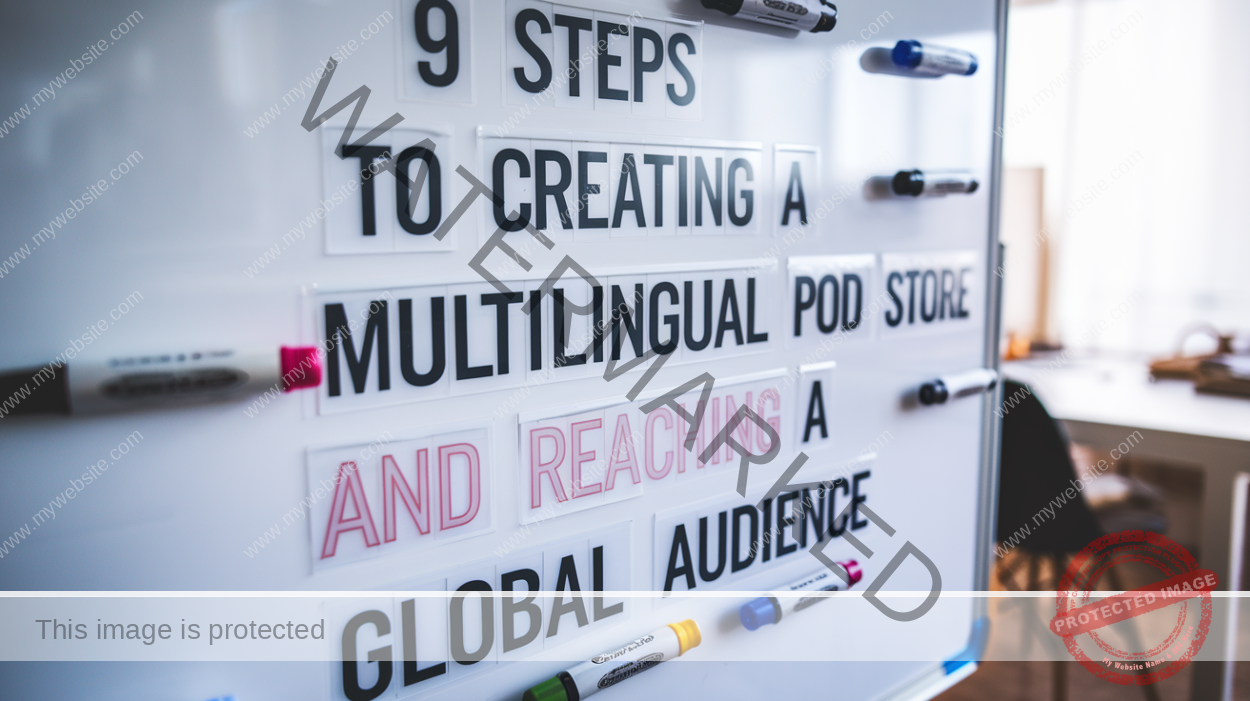

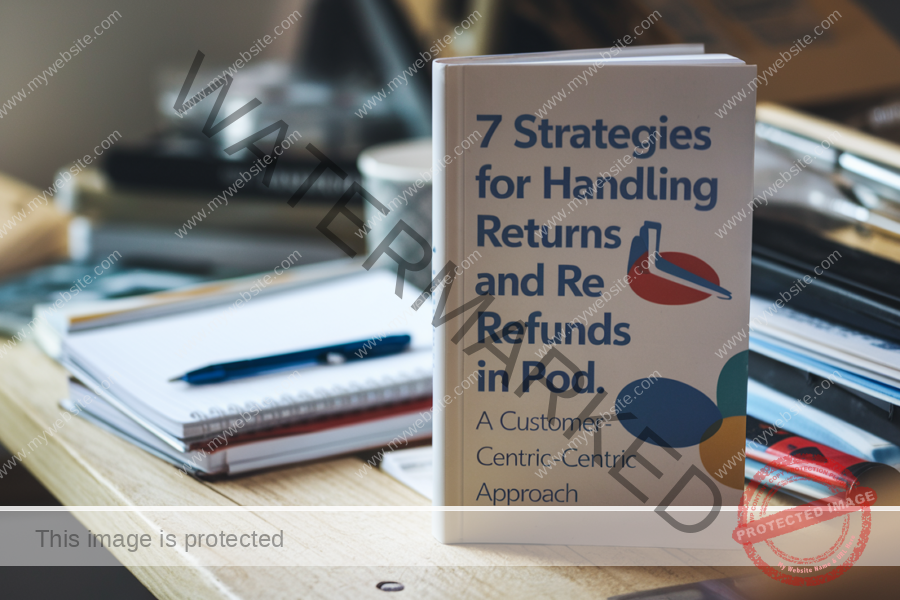
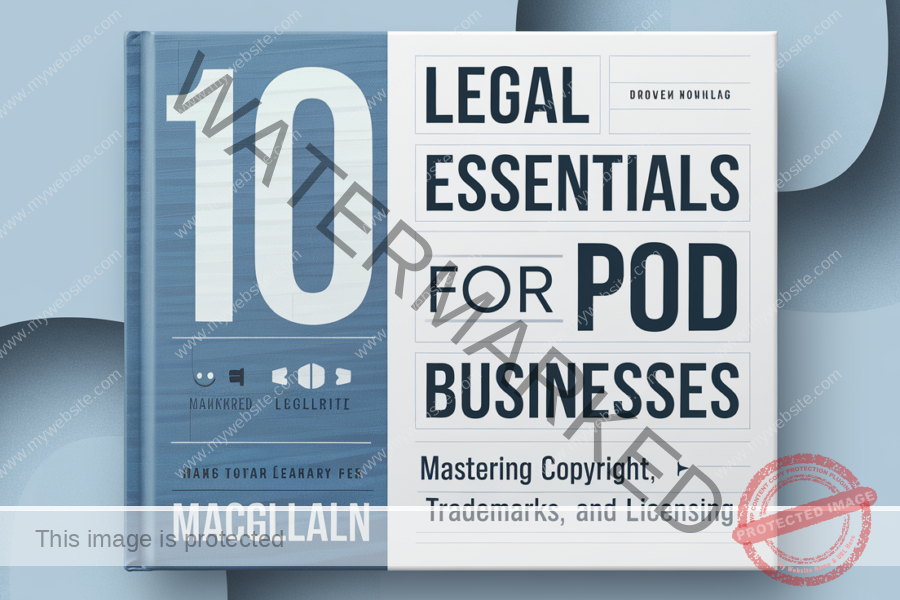
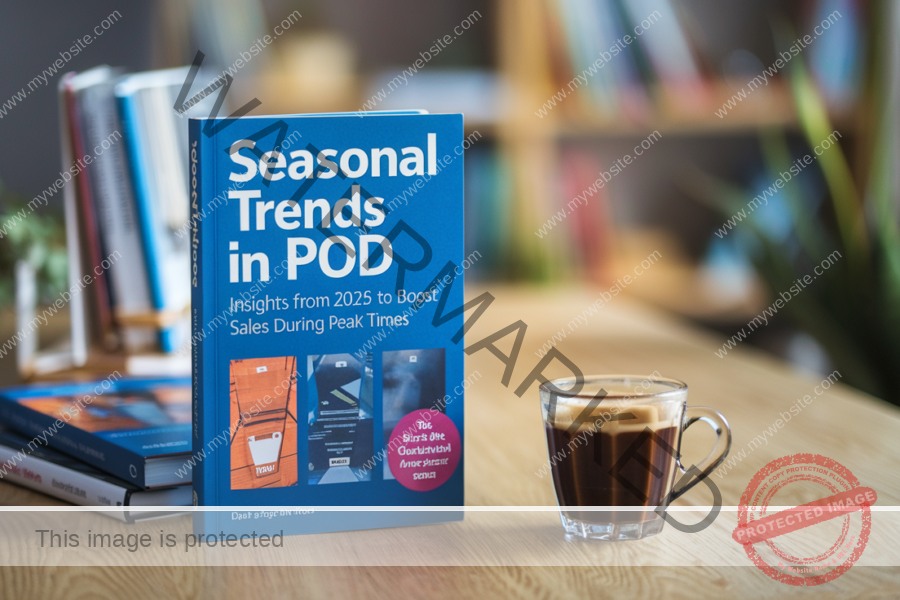

Leave a Comment